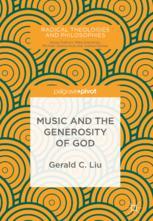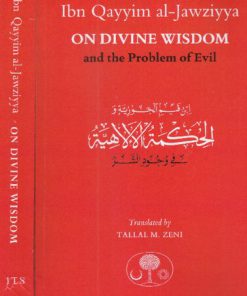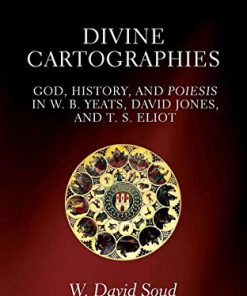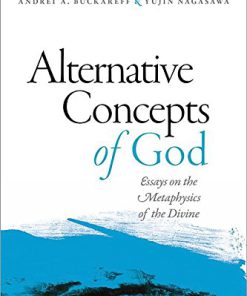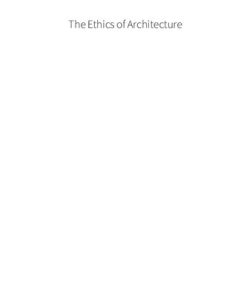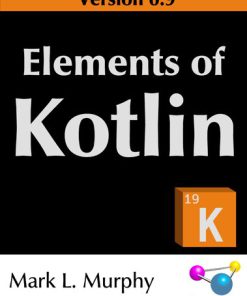God’s Own Ethics Norms of divine agency and the argument from evil 1st Edition by Mark Murphy 0192517173 9780192517173
$50.00 Original price was: $50.00.$25.00Current price is: $25.00.
God’s Own Ethics: Norms of divine agency and the argument from evil 1st Edition by Mark C. Murphy – Ebook PDF Instant Download/DeliveryISBN: 0192517173, 9780192517173
Full download God’s Own Ethics: Norms of divine agency and the argument from evil 1st Edition after payment.
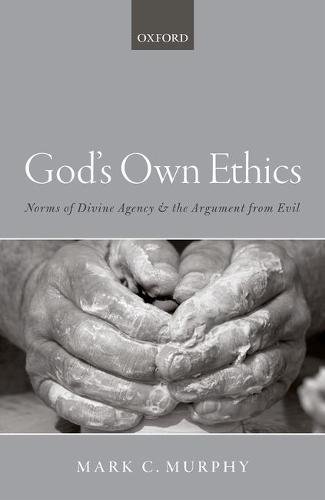
Product details:
ISBN-10 : 0192517173
ISBN-13 : 9780192517173
Author: Mark C. Murphy
Every version of the argument from evil requires a premise concerning God’s motivation – about the actions that God is motivated to perform or the states of affairs that God is motivated to bring about. The typical source of this premise is a conviction that God is, obviously, morally perfect, where God’s moral perfection consists in God’s being motivated to act in accordance with the norms of morality by which both we and God are governed. The aim of God’s Own Ethics is to challenge this understanding by giving arguments against this view of God as morally perfect and by offering an alternative account of what God’s own ethics is like. According to this alternative account, God is in no way required to promote the well-being of sentient creatures, though God may rationally do so. Any norms of conduct that favor the promotion of creaturely well-being that govern God’s conduct are norms that are contingently self-imposed by God. This revised understanding of divine ethics should lead us to revise sharply downward our assessment of the force of the argument from evil while leaving intact our conception of God as an absolutely perfect being, supremely worthy of worship.
God’s Own Ethics: Norms of divine agency and the argument from evil 1st Table of contents:
Part I. The Ethics of an Anselmian Being
1. Anselmianism about God
1.1 ‘An Anselmian Being’
1.2 Reasoning about the Anselmian Being: The Distributive Assumption Defended
1.3 Reasoning about the Anselmian Being: The Absolute Greatness Assumption Defended
1.4 Key Anselmian Theses
2. Is the Anselmian Being Loving?
2.1 Love and Moral Goodness
2.2 Moral Goodness
2.3 Necessary Love Does Not Go beyond Necessary Moral Goodness
2.4 Against Being Loving as an Anselmian Perfection: The Supreme Degree Formulation
2.5 Against Being Loving as an Anselmian Perfection: The Optimal Level Formulation
2.6 Is Love as Divine Perfection Divinely Revealed?
3. Is the Anselmian Being Morally Good?
3.1 Love and Moral Goodness, Again
3.2 Some Kantian-Style Objections
3.3 Logical Gaps between Well-Being and Reasons
3.4 What Sorts of Reasons?
3.5 The Appeal to Intrinsic Value
3.6 Moral Goodness as a Perfection Independent of Rationality?
3.7 Where Matters Stand
4. The Ethics of the Anselmian Being I (Promotion)
4.1 The Central Theses regarding the Ethics of the Anselmian Being
4.2 The Existence and Perfection/Well-Being of Creatures Give the Anselmian Being Justifying Reasons for Promotion
4.3 The Existence and Perfection/Well-Being of Creatures Do Not Give the Anselmian Being Requiring Reasons for Promotion
4.4 The Value of Creatures and the Reasons of the Anselmian Being
4.5 Does the Appeal to Creaturely Goodness as Participated Goodness Undermine the Justifying Reasons to Create?
4.6 Reasons to Promote and Reasons to Respect
5. The Ethics of the Anselmian Being II (Respect)
5.1 The Anselmian Being Does Not Intend Evil
5.2 The Intended/Foreseen Distinction
5.3 Intention and Foresight in the Anselmian Being
5.4 The Anselmian Being’s Requiring Reasons against Intending Evil
5.5 The Anselmian Being’s Decisive Reasons against Intending Evil
5.6 An Objection from Divine Sovereignty
6. The Argument from Evil and the Ethics of the Anselmian Being
6.1 The Failure of Arguments from Evil against the Existence of the Anselmian Being
6.2 The Logical Problem of Evil
6.3 The Evidential Problem of Evil
6.4 Skeptical Theism
6.5 An Argument from Evil Based on Divine Intentions
6.6 The Arguments from Evil That Remain
Part II. God’s Ethics
7. Worship-Worthiness and Allegiance-Worthiness
7.1 Worship-Worthiness
7.2 Allegiance-Worthiness I: Alliance
7.3 Allegiance-Worthiness II: Authority and Obedience
7.4 Contingent Allegiance-Worthiness
8. The Good of Religion and Contingent Divine Ethics
8.1 Contingent Divine Ethics and Allegiance-Worthiness
8.2 The Good of ‘Religion’
8.3 Religion and Familiar Welfare-Oriented Moral Goodness
8.4 The Conditions of Availability of the Good of Religion
8.5 Contingent Allegiance-Worthiness, Again
8.6 How the Anselmian Being Can Have a Contingent Ethics
9. The Argument from Evil and God’s Contingent Ethics
9.1 Two Revived Formulations of the Argument from Evil
9.2 Contingent Divine Ethics and the Argument from Evil
9.3 Christian Theism and the Argument from Evil
9.4 Is This Book a Rearguard Action against the Argument from Evil?
People also search for God’s Own Ethics: Norms of divine agency and the argument from evil 1st:
god’s ethics are always changing ethics
divine ethical theory
divine mandate ethics
limits of divine authority in ethics
a divine command theory of ethics is
Tags: Own Ethics, Norms, divine agency, the argument, evil, Mark Murphy
You may also like…
Uncategorized
History - Military History
Politics & Philosophy - Anthropology
Politics & Philosophy - Anthropology
Religion & Spirituality - Islam
Religion & Spirituality - Religious Studies
Arts - Architecture
Computers - Programming







